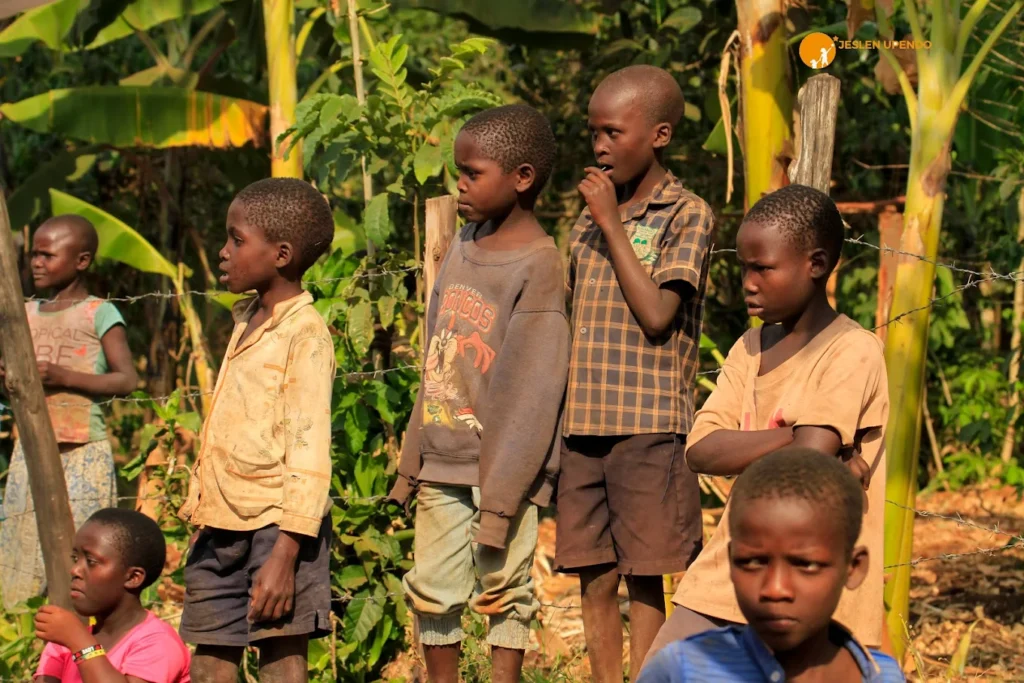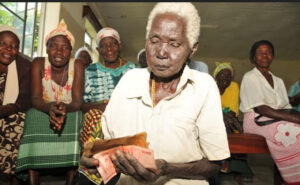Over the past decade, the number of orphans and vulnerable children living in Uganda has been escalating at an alarming rate. In 2004, the number of orphans was estimated to be 1.8 million; in 2009 that number had grown to nearly 2.6 million. Over one million of those children have lost their parents to HIV/AIDS-related complications and suffer the following problems that challenged us to start up a stretching hand to the orphans, vulnerable and needy children in Uganda:
Extreme Poverty:
Many of these children are deprived of their basic needs due to high levels of poverty. Nearly half of the population lives below the poverty line, out of which 19% are children. Uganda’s rural areas in particular struggle with a very high poverty rate
Caretaking:
After their parents die or become disabled by illness, orphans and vulnerable children as young as five years old become both mother and father to their younger siblings. Those whose parents suffer from HIV/AIDS face an additional burden of care as complications develop and worsen over time. Children are forced to drop out of school as they try and provide necessities for their siblings.

Unfair wages:
Orphans have to find work wherever they can due to their lack of education and resources: laboring in fields, tending cattle, carrying water, or other back-breaking tasks. When they can find work, orphans are often paid unfair wages because they have no alternative but to accept whatever is given. When there is no work, they must beg for or steal food to ward off starvation. Survival becomes a daily struggle.
Exploitation:
Living in extreme poverty without the support of their parents, orphans are vulnerable to additional kinds of exploitation. Neighbors and occasionally relatives can take advantage of them because they know that there is no longer an adult to enforce the children’s property rights. Orphans are also vulnerable to physical abuse. These children are beaten and sometimes mutilated after they are driven by hunger to steal small amounts of food to eat. Girls are subject to sexual exploitation when they face the hard choice of selling their bodies for food or watching their families go hungry.
Isolation:
Many of these children live in communities where there are widespread misconceptions about the causes of HIV/AIDS. After their parents die from HIV/AIDS-related complications, they are shunned by neighbors and community members for fear of catching the disease. Orphans find themselves isolated within their communities, surrounded by those who are unwilling or unable to reach out to them.
It was while facing these serious issues that Juc Foundation was formed.
Charity Organization in Uganda
Core competencies:
We believe that every one of our children must be exposed to at least six core competencies that we consider necessary to excel in this world today:
Ethics and integrity
Entrepreneurship
Spiritual development
ICT
Environmental Literacy
Talent development.
As we embark on JUC foundation becoming a first-class children’s center, it will be our commitment to provide these core competencies to all those who will emerge from it.





